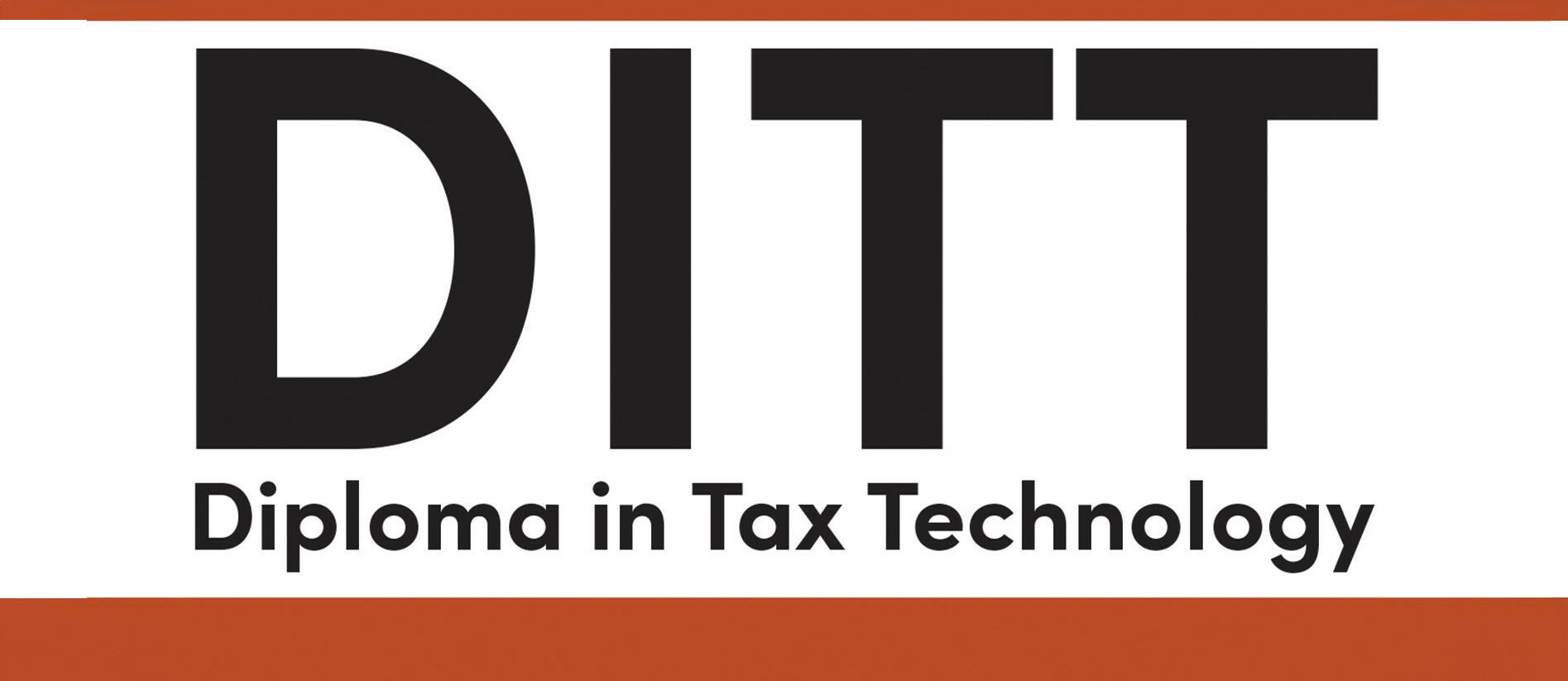2024 DITT syllabus update: keeping up with the pace of change!

Developments in the 18 months since the CIOT’s Diploma in Tax Technology (DITT) first launched have made the influence of digital technology in a rapidly changing tax profession clearer than ever.
For tax practitioners, embracing technology and acquiring proficiency in its use is becoming not merely advantageous, but imperative for growth and success in the profession.
In April 2024, the CIOT launched the first annual update of the DITT syllabus to reflect the technological transformations that professionals will be facing with increasing frequency in their everyday work. With new learning materials and assessments delivered in partnership with industry-leaders Coefficient and Tolley Exam Training, and quality assured by technology specialists with experience across the tax profession, the 2024 DITT offers candidates a foundational understanding of the key principles underpinning tax technology today.
One of the focal points of this update is the integration of the latest developments in cutting-edge concepts, including generative AI, machine learning and predictive analysis. As these technologies continue to mature, tax professionals need a nuanced understanding of their applications in tax compliance, risk assessment and strategic planning. Harnessing the power of AI and machine learning algorithms will soon be a necessity for practitioners seeking to maximise their efficiency and accuracy.
The 2024 syllabus also addresses legislative changes, including in the UK’s GDPR rules, which underscore the importance of staying abreast of regulatory developments affecting data management and compliance practices. With data privacy concerns at the forefront of public consciousness, tax practitioners must navigate the intricacies of GDPR compliance to safeguard sensitive tax information and uphold client trust.
New content explores the latest programming trends, including Transformers, GPT, LLMs and AI-assisted coding tools. These represent some of the most revolutionary tools in tax technology, offering unprecedented capabilities for data analysis, automation and decision-making.
The updated syllabus also pays greater attention to the global trend towards digital tax administration, focusing on real-time data integration and analysis. As tax authorities worldwide transition towards digital platforms for compliance and reporting, practitioners need to adapt, leveraging technology to navigate or enforce regulatory requirements. In the UK, content updates address changes to the rollout of HMRC’s Making Tax Digital (MTD) – a seismic shift towards digital tax reporting and compliance.
As the first of annual updates to the DITT, the new syllabus is indicative of the CIOT’s agility and responsiveness in adapting to an evolving tax landscape, and our provision of tax education at the forefront of industry standards and expectations. DITT candidates can embark on their journey with confidence, knowing that they will be equipped to thrive in the dynamic world of tax technology.
Find out more and register for the DITT today at: www.tax.org.uk/ditt


